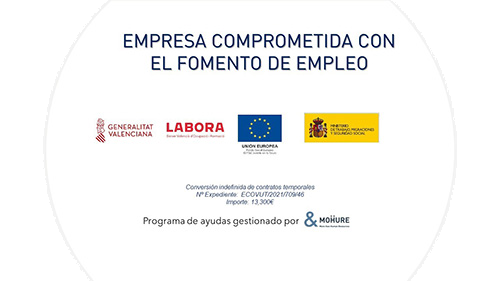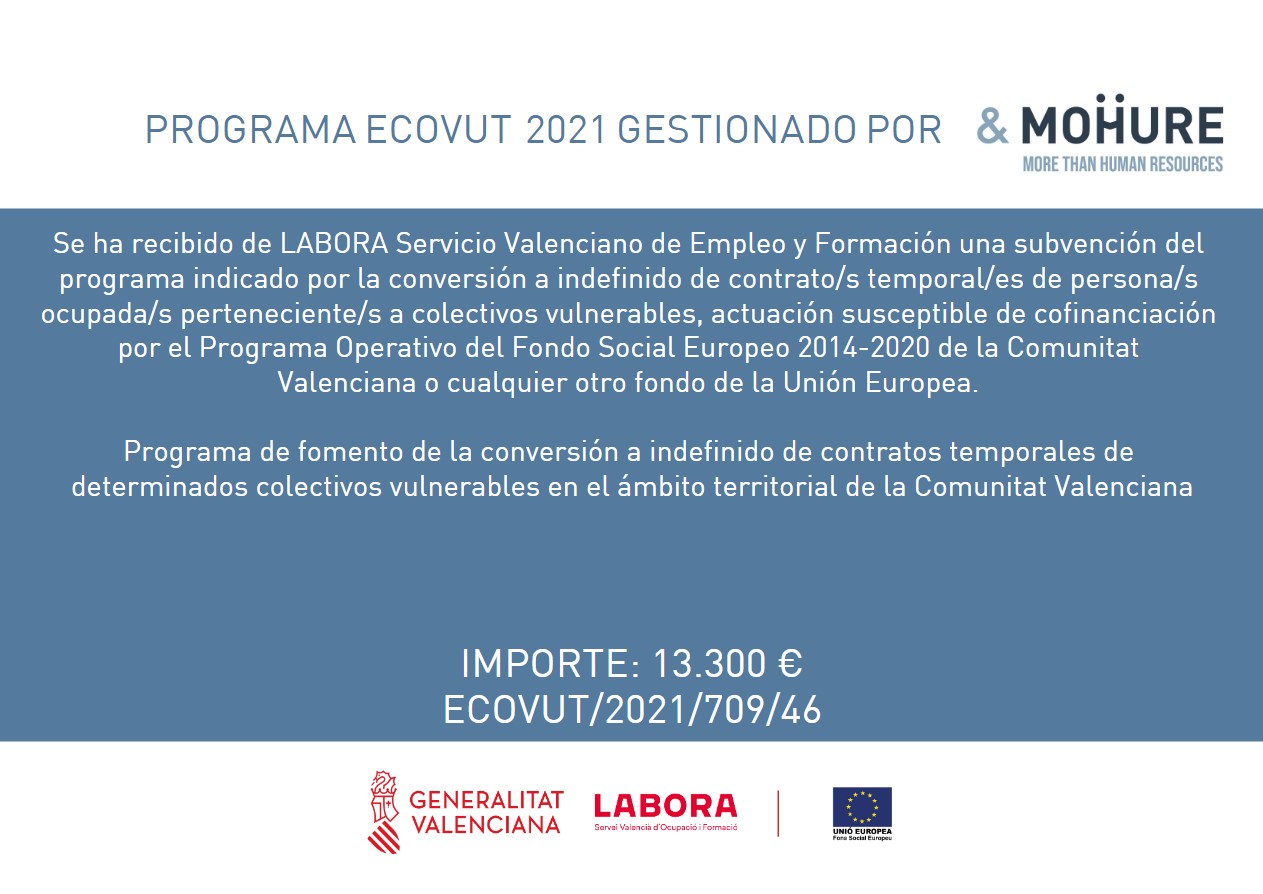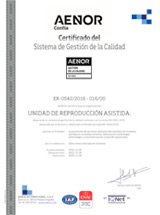The director of the Human Reproduction Unit of University Hospital 12 de Octubre of Madrid, José Antonio Ruiz Balda, exposed during the Cycle of Conferences on Human Reproduction, the factors that influence the reproductive techniques to be optimal or not.
Regarding this specialist, the objective now-a- days is to avoid twin pregnancies. He informs that “the ideal woman profile to carry out the  embryo transfer of one embryo with high successful probabilities is a 35-year-old woman, without important illnesses, non-smoker, with a good number of eggs in her ovaries, a non-altered male factor and with good quality embryos. For this reason, to optimize the assisted reproduction techniques, he recommends not to delay it because of the age, to quit smoking, avoid obesity, or reduce coffee, as some examples.
embryo transfer of one embryo with high successful probabilities is a 35-year-old woman, without important illnesses, non-smoker, with a good number of eggs in her ovaries, a non-altered male factor and with good quality embryos. For this reason, to optimize the assisted reproduction techniques, he recommends not to delay it because of the age, to quit smoking, avoid obesity, or reduce coffee, as some examples.
Ruiz Balda exposed in his speech the big social changes that happened basically from the incorporation of women into the workplace, main reason why she delays the maternity. “The assisted reproduction was created to deal with these social transformations, which started with the birth of the first test-tube baby in 1978. From then, “in 35 years there have been more than 3 million of babies through assisted reproduction. In Spain, the 3% of the babies born are by assisted reproduction techniques”.
The fact that now-a-days the demand of assisted reproduction techniques has increased around 10% on single women, is a relevant sign of the influence that the assisted reproductions has had on the emergence of new family models, such as homosexual ones, said Ruiz Balda.
Also, he pointed the in vitro fertilization, the sperm microinjection, the egg donation and the embryo freezing, as the techniques that have greatly influenced the social change.
“The egg vitrification supposes a big revolution for women because, thanks to this technique, is possible to delay the pregnancy, overall for those women that need to go under aggressive treatments such as chemotherapy or radiotherapy”, he explained.
The conferences, as well as the curses of the Master of Medicine and Reproductive Genetics and University Specialist in Biology of Human Reproduction are organized between the Cathedra of Reproductive Biomedicine of Vistahermosa, the Area of the Cellular Biology of the School of Medicine and the Reproduction and Genetic Units of the Hospital Clinic Vistahermosa of Alicante.










